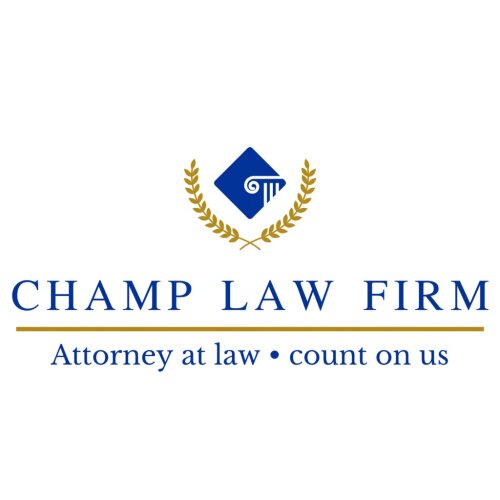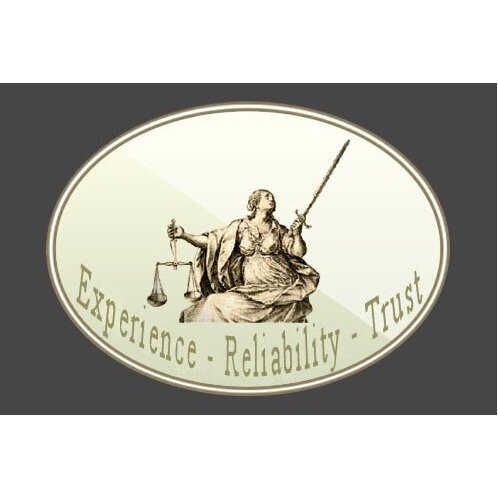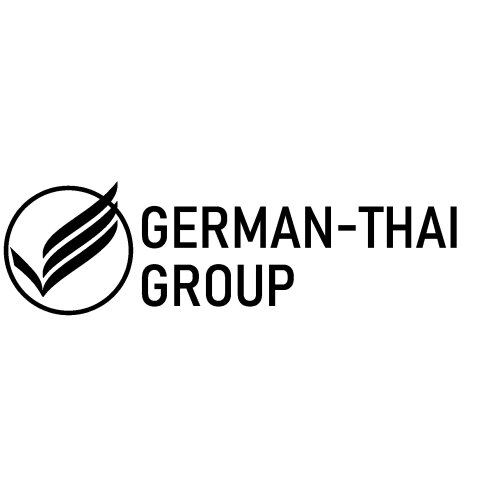Best Structured Finance Lawyers in Pattaya
Share your needs with us, get contacted by law firms.
Free. Takes 2 min.
List of the best lawyers in Pattaya, Thailand
About Structured Finance Law in Pattaya, Thailand
Structured finance refers to complex financial instruments offered to companies and sophisticated investors that go beyond conventional lending and investing. In Pattaya, Thailand, structured finance is primarily used in the real estate, hospitality, and infrastructure sectors. This type of financing often involves securitization of assets, syndicated loans, and other customized solutions tailored to large-scale projects. The main goal is to mitigate risks and optimize capital structures by utilizing intricate legal and financial frameworks that may involve multiple parties, asset classes, and jurisdictions. Adhering to local laws and commercial practices is crucial to successful structured finance transactions in Pattaya.
Why You May Need a Lawyer
Seeking legal advice in the field of structured finance is important due to the complexity and risks often involved. A lawyer with structured finance experience in Pattaya can assist in several scenarios:
- Drafting and negotiating complex loan agreements or securitization documents
- Ensuring compliance with Thai regulations regarding foreign ownership and investment
- Managing multi-party agreements involving foreign and local entities
- Due diligence on assets to be securitized or used as collateral
- Dispute resolution involving structured financial products
- Advising on tax implications specific to cross-border or multi-tiered finance structures
- Assisting with regulatory filings and approvals required by Thai authorities
- Identifying and mitigating legal and financial risks in complex transactions
Given the high stakes and technical nature of structured finance, specialized legal advice can help prevent errors and ensure compliance.
Local Laws Overview
In Thailand, structured finance is governed by a mix of civil law statutes and financial regulations. The primary laws relevant to structured finance in Pattaya include:
- The Civil and Commercial Code, particularly provisions related to contracts, security, and property
- The Securities and Exchange Act B.E. 2535 (1992), covering the issuance and trading of securities
- The Financial Institution Business Act B.E. 2551 (2008), regulating banking and finance entities
- Bank of Thailand regulations for syndicated loans, asset securitization, and capital adequacy
- Restrictions and reporting requirements for foreign ownership and cross-border deals
- Real estate laws governing transfer, mortgage, and lease of movable and immovable property
- Tax laws on withholding, value added tax, and specific business tax for financial transactions
Practices may differ in Pattaya due to its unique real estate landscape and prominence as a tourist and investment destination. Familiarity with regional authorities, commercial customs, and regulatory nuances is essential.
Frequently Asked Questions
What is structured finance and how is it used in Pattaya?
Structured finance involves customized financial solutions and instruments designed for large or complex projects. In Pattaya, it is used mainly in real estate development, hotel financing, and infrastructure projects, often involving syndicated loans or securitized asset packages.
Is foreign investment in structured finance transactions allowed in Pattaya?
Foreign investment is permitted but subject to certain restrictions under Thai law, especially concerning foreign ownership of land and certain types of assets. Specific approvals and structuring methods may be required for foreign investors.
What are the main legal risks in structured finance?
Legal risks include non-compliance with Thai regulatory requirements, enforceability of complex contracts, unforeseen tax liabilities, currency control restrictions, and disputes among parties. Having legal counsel helps identify and mitigate these risks.
What role does due diligence play in structured finance?
Due diligence is critical. Lawyers help investigate asset titles, confirm compliance with local laws, assess financial soundness, and ensure no hidden liabilities exist before finalizing transactions.
What government approvals are required for structured finance deals?
Depending on the deal, approvals may be needed from agencies such as the Bank of Thailand, the Ministry of Finance, or the Land Department. Some transactions, especially those with foreign involvement, may require additional permits.
How are taxes handled in structured finance transactions in Thailand?
Taxation on structured finance deals depends on the type of assets, transaction structure, and parties involved. Common taxes include withholding tax, corporate income tax, and specific business tax, which require careful planning to optimize.
Can assets in Pattaya be securitized?
Yes, assets such as property or receivables can be securitized, subject to compliance with Thai securities laws and registration requirements. Securitization may offer significant benefits but involves complex legal steps.
What happens if a borrower defaults in a structured finance arrangement?
If a borrower defaults, legal processes for asset seizure, sale, or transfer are governed by Thai law. Structured finance agreements often include protective clauses, and enforcement typically requires court approval or official procedures.
Are there special considerations for real estate financing in Pattaya?
Yes, Pattaya's status as a tourist and investment hub means real estate deals often involve foreign parties or unique structures. Issues such as land ownership restrictions and zoning laws make legal advice particularly important.
How do I choose a legal advisor for structured finance matters in Pattaya?
Look for firms or lawyers with experience in financial law, cross-border transactions, and Thai regulatory compliance. Local knowledge of Pattaya's market and connections with relevant authorities are added advantages.
Additional Resources
If you need more information or support regarding structured finance in Pattaya, the following resources and organizations may be helpful:
- The Bank of Thailand - for regulations on financial institutions and cross-border funding
- The Securities and Exchange Commission (SEC) Thailand - for matters related to securities and capital markets
- The Ministry of Finance - for tax rules and foreign investment regulations
- Pattaya City Hall - for local permits, zoning information, and property records
- Thai Chamber of Commerce - for networking and business advice
- Commercial banks and international consulting firms in Pattaya - for practical market guidance
Next Steps
If you believe you need legal assistance in structured finance, consider these steps:
- Clearly identify your needs, whether related to real estate, investment, or financing a project
- Gather all relevant documents and information regarding the transaction or asset
- Search for legal experts or firms based in Pattaya or Bangkok with a strong background in structured finance
- Schedule a consultation to discuss your situation, risks, and strategic goals
- Prepare questions about compliance, timelines, costs, and communication processes
- Follow your lawyer's advice closely to ensure all legal and regulatory obligations are fulfilled
Consulting a specialized lawyer early can save time, reduce risk, and help ensure the success of your structured finance project in Pattaya, Thailand.
Lawzana helps you find the best lawyers and law firms in Pattaya through a curated and pre-screened list of qualified legal professionals. Our platform offers rankings and detailed profiles of attorneys and law firms, allowing you to compare based on practice areas, including Structured Finance, experience, and client feedback.
Each profile includes a description of the firm's areas of practice, client reviews, team members and partners, year of establishment, spoken languages, office locations, contact information, social media presence, and any published articles or resources. Most firms on our platform speak English and are experienced in both local and international legal matters.
Get a quote from top-rated law firms in Pattaya, Thailand — quickly, securely, and without unnecessary hassle.
Disclaimer:
The information provided on this page is for general informational purposes only and does not constitute legal advice. While we strive to ensure the accuracy and relevance of the content, legal information may change over time, and interpretations of the law can vary. You should always consult with a qualified legal professional for advice specific to your situation.
We disclaim all liability for actions taken or not taken based on the content of this page. If you believe any information is incorrect or outdated, please contact us, and we will review and update it where appropriate.















